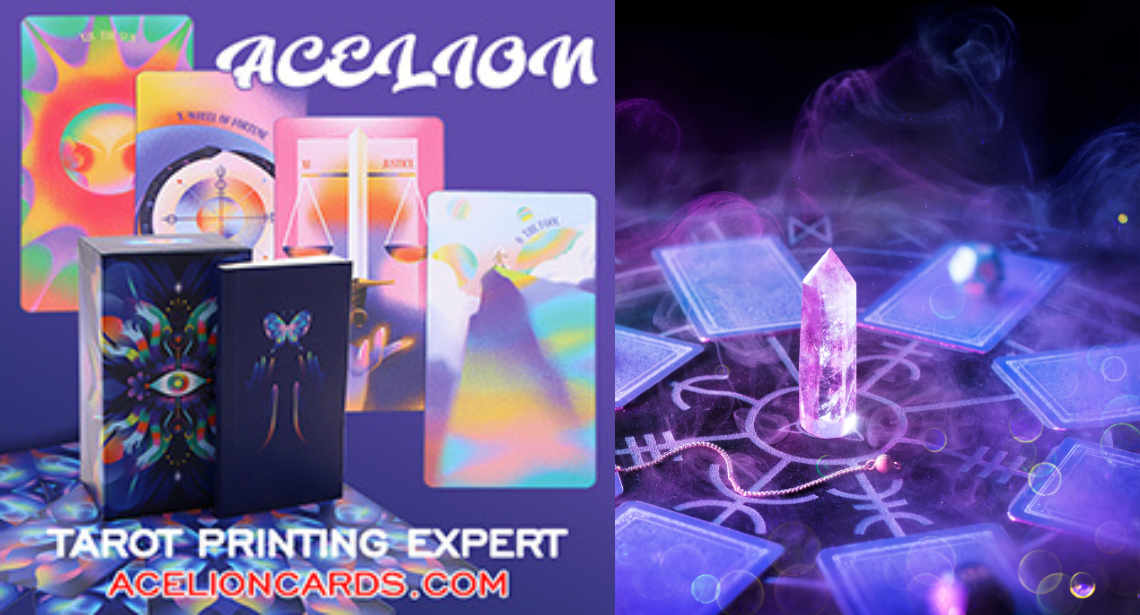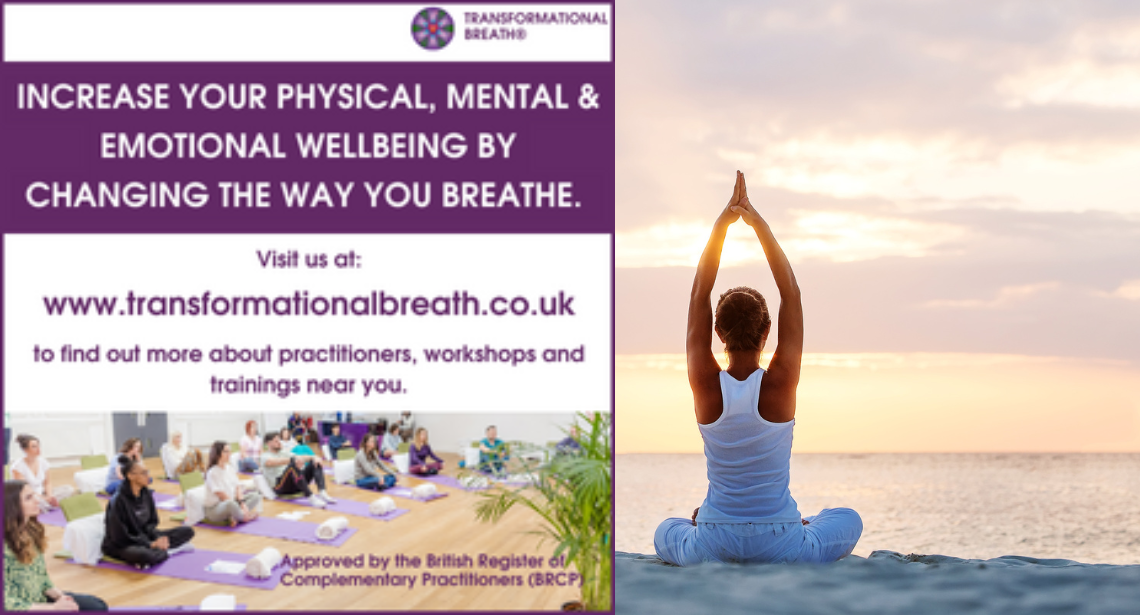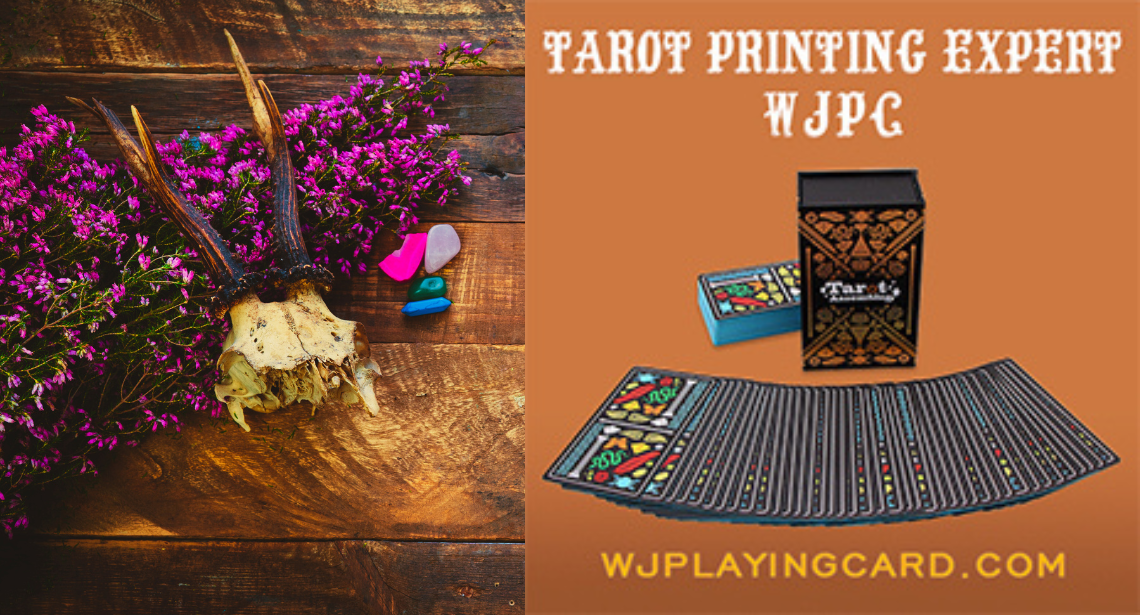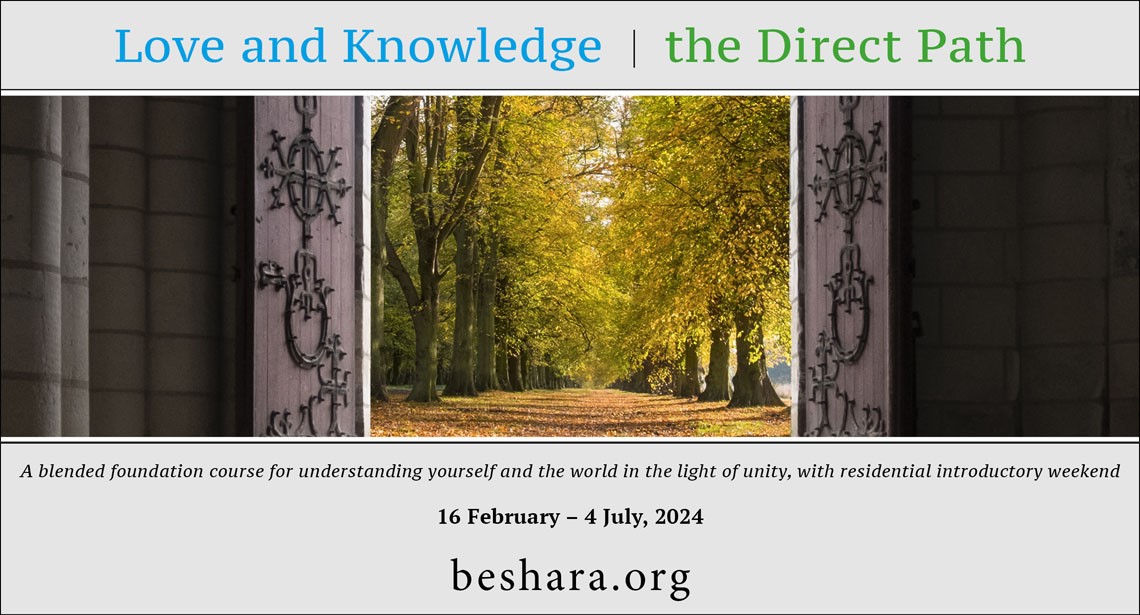by Jim Blackmann
You are in the locker-room at work. A colleague comes in. They pull out a small item wrapped in plain paper from their locker. They explain it is a gift for their partner. They tell you it is their partner's birthday next week, and they want to keep it a secret from them. If they keep it at home, they say, their partner might find it, and so they ask would you put it in your locker and keep it safe for them. You agree, and put it in your locker. Next day you come into work and find your colleague has been sacked for theft.
Gut-feeling is an odd thing. It is always there; it accompanies every decision, judgement and action we take, and yet we rarely pay attention to it. We will attend to our bank account or our driving and check our spelling before sending an email, but we neglect our intuition and hope it kicks in when we need it.
Just as we can become better at grammar or mathematics through practice and training, so too can we become more intuitive if we pay sufficient attention to it. We just need to know how.
We are taught to think logically at school. We are taught there is only one right answer to a question, only one right way of spelling a word, and that an animal is not a vegetable. The whole of the school curriculum is founded on logic. In a multiple choice exam, we are provided with a series of questions, each with a list of possible answers, and we have to find the correct answer for each one in order to pass the exam. This is logic.
No one teaches us how to think intuitively. We use intuition to make some of our biggest decisions and judgements in life; we use it to decide whether we will trust a colleague or not, change jobs or not, move home or not, begin or end a relationship, or keep a secret or not. All of these are the kind of decisions which will affect the course of our life, and all of them are intuitive.
We use intuition to make such judgements because, outside of the school curriculum, there are very few right answers in life. Much of life is messy, complicated and confusing. We trust our friends, but only to a point; we bear our job even though we may not like it, and we live in a home we may not be happy with, but not unhappy enough to move elsewhere. Life is a mixed-bag.
We can improve our ability to think intuitively if we pay attention to it and practice it in the way we would with any other skill.
The most common form of intuition is gut-feeling. What we call 'gut-feeling' occurs whenever we are about to make an important decision in life, or at least when we are about to make a decision for which there is no obvious right answer.
When this happens, we feel a degree of tension in the pit of the stomach. We put this down to our 'gut' telling us something. The phrase 'Ask your belly' occurs in many languages and cultures. D. T. Suzuki (1870 - 1966), who wrote extensively on Buddhism, said that Hotei, also known as the 'Laughing Buddha' in the West, is depicted with a large belly because it represents his developed intuition.
The problem with gut-feeling is that we experience it, we know that our intuition is telling us something, but we can't always say what.
Logic can deal with the world we know, because we can define and label what we know, but logic cannot deal with what we don't know, because we can't define and label what we don't know. So when our gut-feeling speaks, it is usually pointing to something hidden or unknown. William James (1842 - 1910), who wrote the first text-book of modern psychology, had the following to say about the unconscious and its influence on our decisions:
'If you have intuitions at all, they come from a deeper level of your nature than the loquacious level which rationalism inhabits. Your whole subconscious life, your impulses, your faiths, your needs, your divinations, have prepared the premises, of which your consciousness now feels the weight of the result; and something in you absolutely knows that that result must be truer than any logic-chopping rationalistic talk, however clever, that may contradict it’.
That is why we trust our intuition, but can't always say why. It follows that, to become more attuned to what our gut-feeling is telling us, we have to pay attention - not to what we know, but to what we don't know.
There are many unknowns in life - the future, the motives of other people, and the hidden agendas of office politics - and when the unknown can affect our daily routine, we pick up on it through gut-feeling. We cannot see the hidden directly. We can hear what someone says, but not their reasons for saying it. We can see a troubled look on a face, but not the trouble behind it. We can read an email but not the motives for writing it.
To become better intuitively, we have to attend to the hidden. We have to focus, not on what we know, but on what we don't know.
Daily life provides us with the opportunity to attend to the hidden. There is, for example, the tone in a person's voice, the mood at a party, the vibe in a pub, the quietness of the countryside, the easy-going nature of a small village, or the hustle of a busy high-street. If we look for the hidden, we will begin to see it everywhere. We can see the hidden in the choice of a person's clothing, the character of their handwriting, and even in their type of perfume.
When it is said to 'ask your belly' it means to consider the hidden behind the decision we are about to make. What makes a decision good or bad is not necessarily what we have considered, but what we have missed. To see the hidden element, we have to silence the rational mind - at least for a moment - and listen to our intuitive mind. Carl Jung, in his Psychological Types, said much the same:
'Hence, for intuition really to become paramount, sensation must to a large extent be suppressed.'
Listen to the silence:
We can try to listen to the silence for a short period each day. There is always silence - no matter how noisy the room or how busy the road. We can pick up on the hidden behind what someone says or does, or what the mood is in a room, or what the motives of a speaker are by listening silently. If we can do this, we will hear the intuitive mind when it speaks.
All our important decisions in life are intuitive; the more intuitive we are, the better our decisions will be. Bad decisions are usually based on too little information and not seeing what is unobvious in a situation. The possibility to improve our intuitive mind is always there, if we are willing to take it.
 About the author:
About the author:
Jim Blackmann is a writer and musician. He grew up in Canada, and travelled widely, before finally settling in the south of England. He began writing a series of magazine articles about intuition in 2012. This led to the books
The Intuition Test – from gut-feeling to insight (2016),
Intuition in the West – a history of intuitive thinking, and a novel,
The Witch & The Skeptic – a tale of science, magic and tea (2021). All available through
www.jimblackmann.com

 About the author:
Jim Blackmann is a writer and musician. He grew up in Canada, and travelled widely, before finally settling in the south of England. He began writing a series of magazine articles about intuition in 2012. This led to the books The Intuition Test – from gut-feeling to insight (2016), Intuition in the West – a history of intuitive thinking, and a novel, The Witch & The Skeptic – a tale of science, magic and tea (2021). All available through
About the author:
Jim Blackmann is a writer and musician. He grew up in Canada, and travelled widely, before finally settling in the south of England. He began writing a series of magazine articles about intuition in 2012. This led to the books The Intuition Test – from gut-feeling to insight (2016), Intuition in the West – a history of intuitive thinking, and a novel, The Witch & The Skeptic – a tale of science, magic and tea (2021). All available through 















